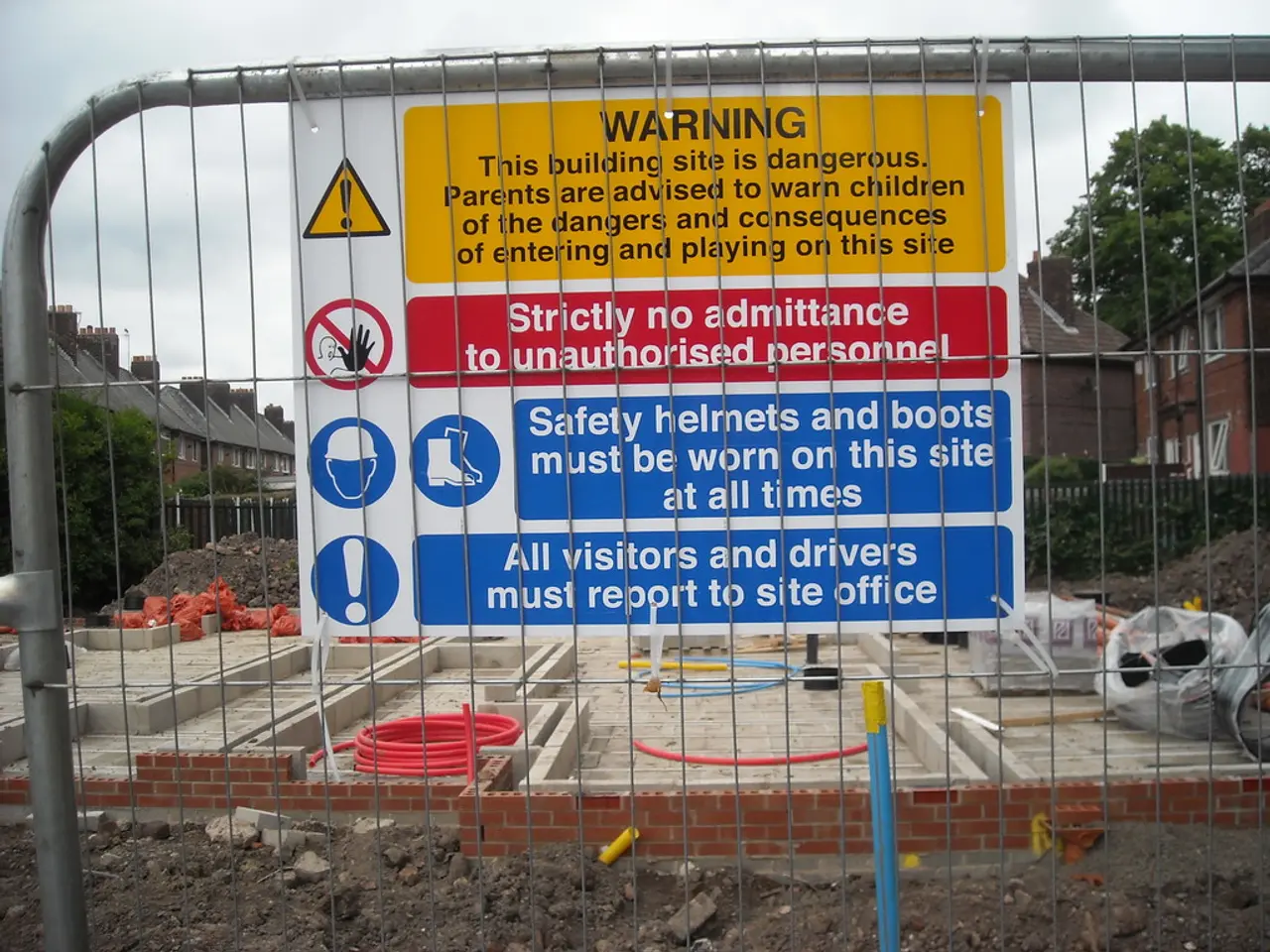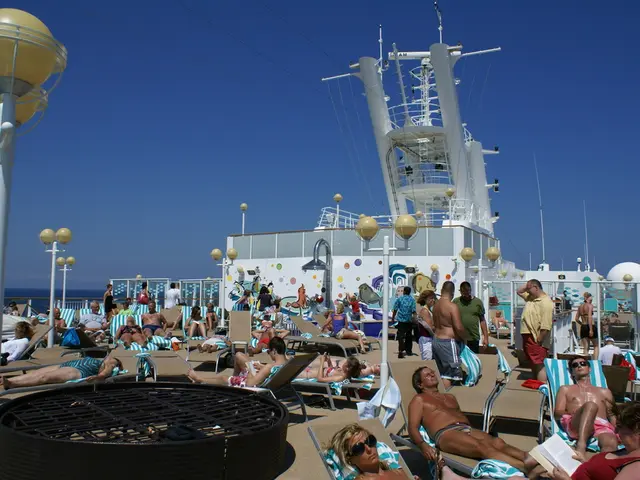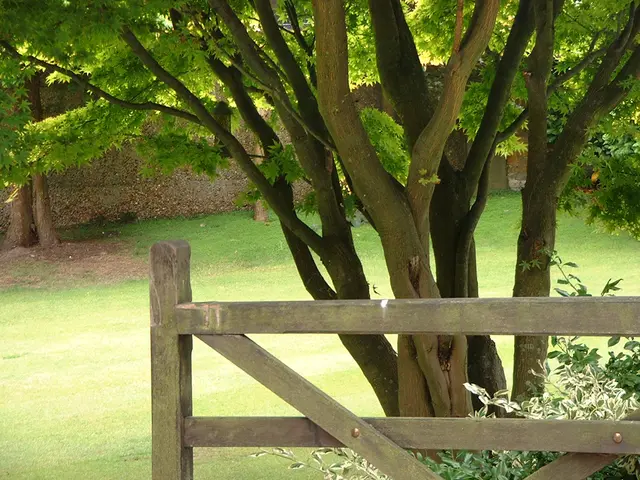Construction of a settlement in Israel has been authorized, potentially encircling East Jerusalem and apparently hindering the prospect of a Palestinian state.
The E1 settlement project in the West Bank, located near Ma'ale Adumim, is currently advancing with significant momentum. As of August 2025, the Israeli government is pushing forward with plans to construct thousands of housing units in the area, focusing on validating plans for 3,401 units in E1, part of a larger plan to build 3,753 housing units across the West Bank.
This project gained traction after Israeli Finance Minister Bezalel Smotrich approved the construction plans for the area, which is strategically located just 4.5 km from the Green Line. The move is seen as a significant step towards preventing the expansion of East Jerusalem and creating a continuous link between Ma'ale Adumim and Jerusalem.
International Concern and Opposition
The international community has consistently expressed concern and opposition to the E1 settlement project. The construction in this area is viewed as a significant obstacle to peace and the two-state solution, as it would effectively divide the West Bank and isolate East Jerusalem, jeopardizing the prospects of a contiguous Palestinian state. The project is also controversial because it is seen as an attempt to "bury the idea of a Palestinian state."
International law considers Israeli settlements in the West Bank illegal, although the Israeli government disputes this interpretation. The United Nations, the European Union, and various Western allies have urged Israel to reverse its decision to start the settlement construction, stating that it contravenes international law and further entrenches the occupation.
Implications and Concerns
The E1 project is particularly contentious due to its geographical location, which is critical for the territorial contiguity of any future Palestinian state. By creating a physical barrier between Ramallah, East Jerusalem, and Bethlehem, it undermines the potential for a viable Palestinian metropolitan area.
The international community's opposition to the project highlights the longstanding debate over Israeli settlements under international law and the implications for peace negotiations in the region. Many Palestinians fear that the expansion of these settlements could deprive them of any chance to build their own state. The resumption of the project could further isolate Israel, which has seen some of its Western allies condemn its military offensive in Gaza and even recognize the Palestinian state.
Breaking the Silence, an Israeli human rights group, has described the project as a "land grab" and "further entrenching apartheid." The head of EU diplomacy, Kaja Kallas, has stated that the project further undermines the two-state solution and constitutes a violation of international law. The European Commission has rejected any territorial changes not part of a political agreement and considers annexation of territory illegal under international law.
The Palestinian government, along with its allies and activist groups, has condemned the plan, describing it as illegal and stating that it would destroy peace prospects in the region. Spokesman for the Palestinian President, Nabil Abu Rudeineh, has called on the United States to pressure Israel to stop the construction of these settlements. The British Foreign Secretary, David Lammy, has stated that the plans constitute a violation of international law and must be stopped immediately.
The resumption of the E1 project could have far-reaching implications for the future of the Israeli-Palestinian conflict and the prospects for peace in the region.
Read also:
- Weekly happenings in the German Federal Parliament (Bundestag)
- Southwest region's most popular posts, accompanied by an inquiry:
- Discussion between Putin and Trump in Alaska could potentially overshadow Ukraine's concerns
- Independence supporters in New Caledonia refuse agreement offering authority without a vote on sovereignty








